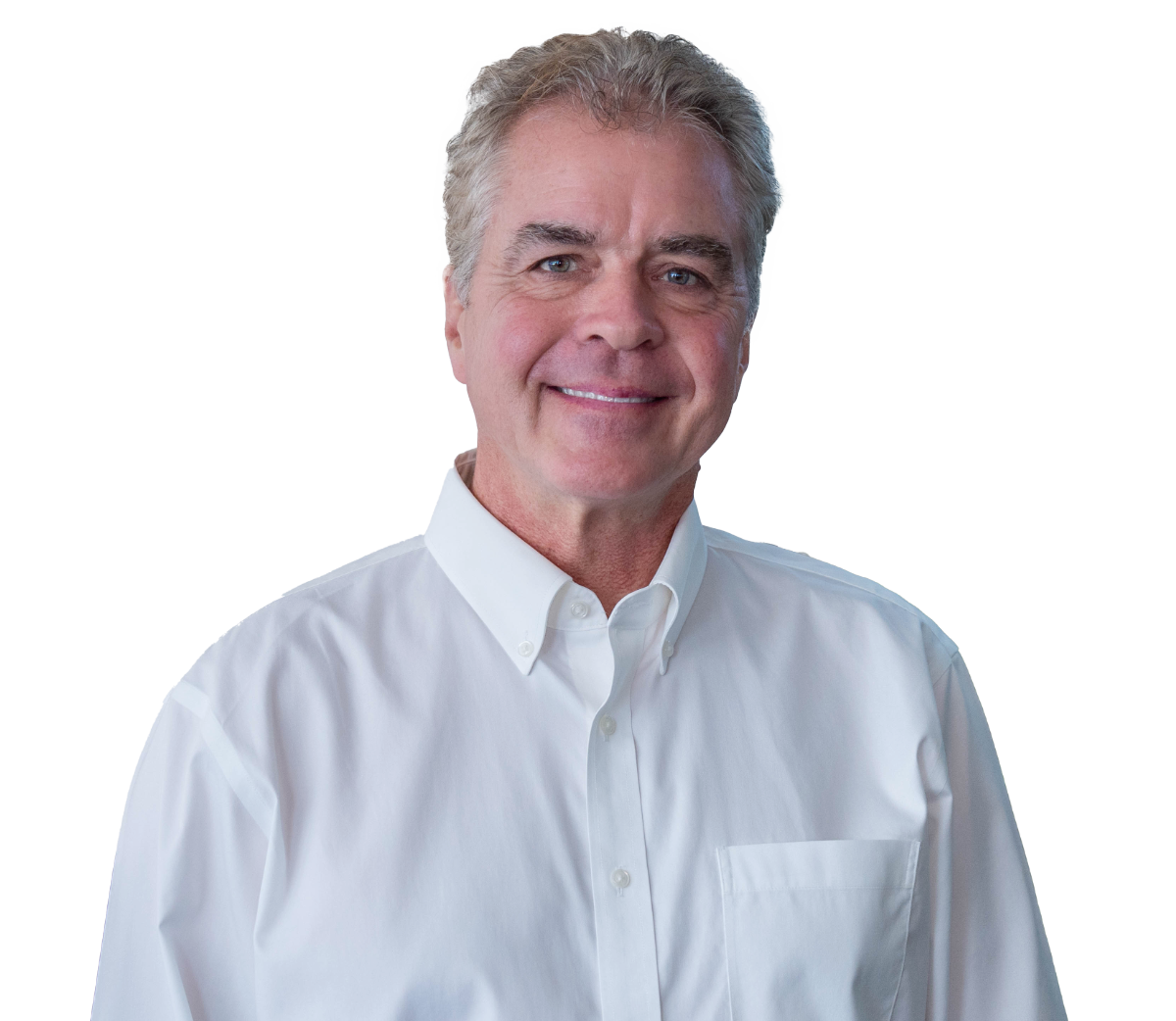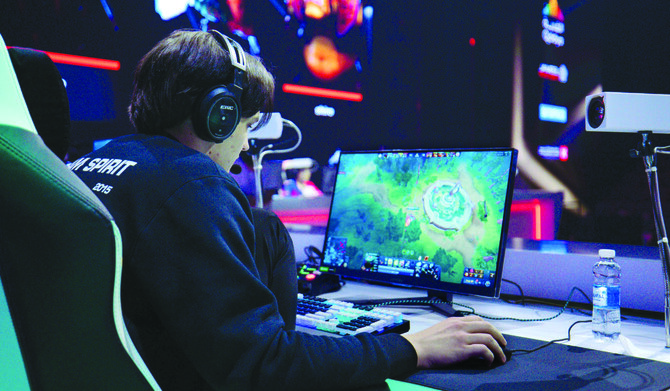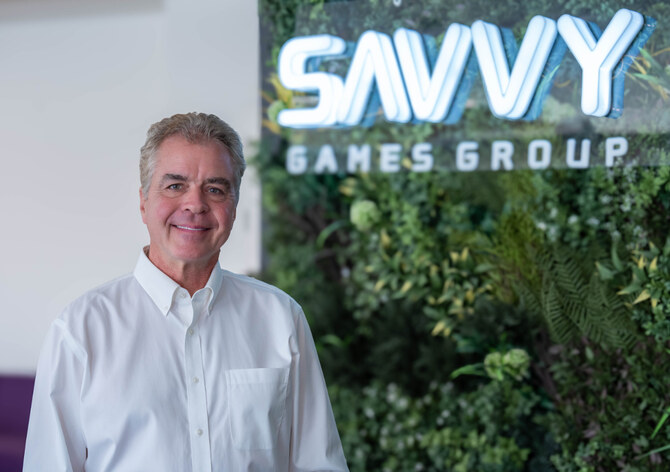RIYADH: The CEO of Savvy Games Group recently detailed the latest progress from its 2023 annual report and highlighted key areas of expansion in 2025.
Brian Ward told Arab News: “2025 is going to be a very exciting year for Savvy.
“First of all, on the esports side, we have the inaugural Olympic Esports Games here in Riyadh, sometime later in the second half of the year. So, a huge tournament, the first official addition to the Olympic movement since the Winter Games in 1928,” he explained.
“On the game development and publishing side, we expect to be able to announce another major investment or acquisition, hopefully in a top team or publisher that can bring another great game to our portfolio,” he said.
HIGHLIGHTS
• The company emphasized its mission and commitment to transparency through the publication of its first inaugural annual report providing key resources for understanding Savvy’s trajectory in the gaming sector.
• On creating jobs, Ward said that the team has now doubled in size within the last year.
Savvy is one of the entities responsible for positioning the Kingdom as a major global hub for the games industry, with a mission to become a world leader by 2030.
Since its launch in September 2022 by Crown Prince Mohammed bin Salman, also the chairman of the board of Savvy Games Group, the PIF-owned company has expanded its assets on multiple fronts from human capital, acquisitions, game development, and investment.

Brian Ward, Savvy Games Group CEO
“I think we’ll see a lot more collaboration amongst all the stakeholders in the Kingdom toward creating great incentives to attract foreign investment and to bring jobs to Saudi Arabia, as well as training and development programs actually kicking off to help develop skills for Saudis,” Ward said.
According to the 2023 annual report published by Savvy, there are more than 21 million self-identified game players in Saudi Arabia — 70 percent of the population — with over 48 percent of these players being women.
The company emphasized its mission and commitment to transparency through the publication of its first inaugural annual report providing key resources for understanding Savvy’s trajectory in the gaming sector.
On the game development and publishing side, we expect to be able to announce another major investment or acquisition, hopefully in a top team or publisher that can bring another great game to our portfolio.
Brian Ward, Savvy Games Group CEO
One of the major central themes of the report is Savvy’s role in delivering Saudi Arabia’s National Gaming and Esports Strategy.
In a statement released by Savvy, the CEO said: “2023 was a transformative year for Savvy. Our investments and initiatives have expanded our global footprint and contributed to exciting developments within the Kingdom of Saudi Arabia, and added significant shareholder value.
“I would like to extend my gratitude to our chairman for his wise counsel and leadership and our shareholder, the PIF, for their unwavering support and guidance.”
The annual report detailed how 2023 marked a major year of investment for Savvy, with the largest transaction being a $4.9 billion acquisition of Scopely, the rebranding of Savvy Games Studios to Steer Studios, and the launch of “MONOPOLY GO!”
On creating jobs, Ward said that the team has now doubled in size within the last year. Savy’s workforce now has over 3,500 employees across 22 countries with an emphasis on hiring people in key areas such as finance, strategy, legal, human resources, and communications.
When asked how Savvy aims to contribute to the Kingdom’s growing gaming sector, Ward said they are executing on three fronts: games development and publishing investment worldwide, esports development, and then Saudi Arabian ecosystem-building.
“On the KSA ecosystem-building front, our main mission, as we see it, is to help coalesce and drive further collaboration amongst local stakeholders to ensure that we have the right incentives, packages to attract foreign investment and jobs, training and development programs, coming to fruition to give Saudis the right skills to fill those jobs,” he explained.
Ward highlighted how Savvy’s local studio is doing “extremely well,” adding that “there’s about 85 or 90 people in that studio now. They’re in development of two mobile games, one of which is in soft launch and, hoping to kick off a console project with an important, local third party.”
Speaking on the recent New Global Sports Conference, Ward said it was very successful.
“We were remarking that I don’t think any of us had seen that number of senior executives from the games industry all in one place in many, many years, so super well-attended from that point.”






























